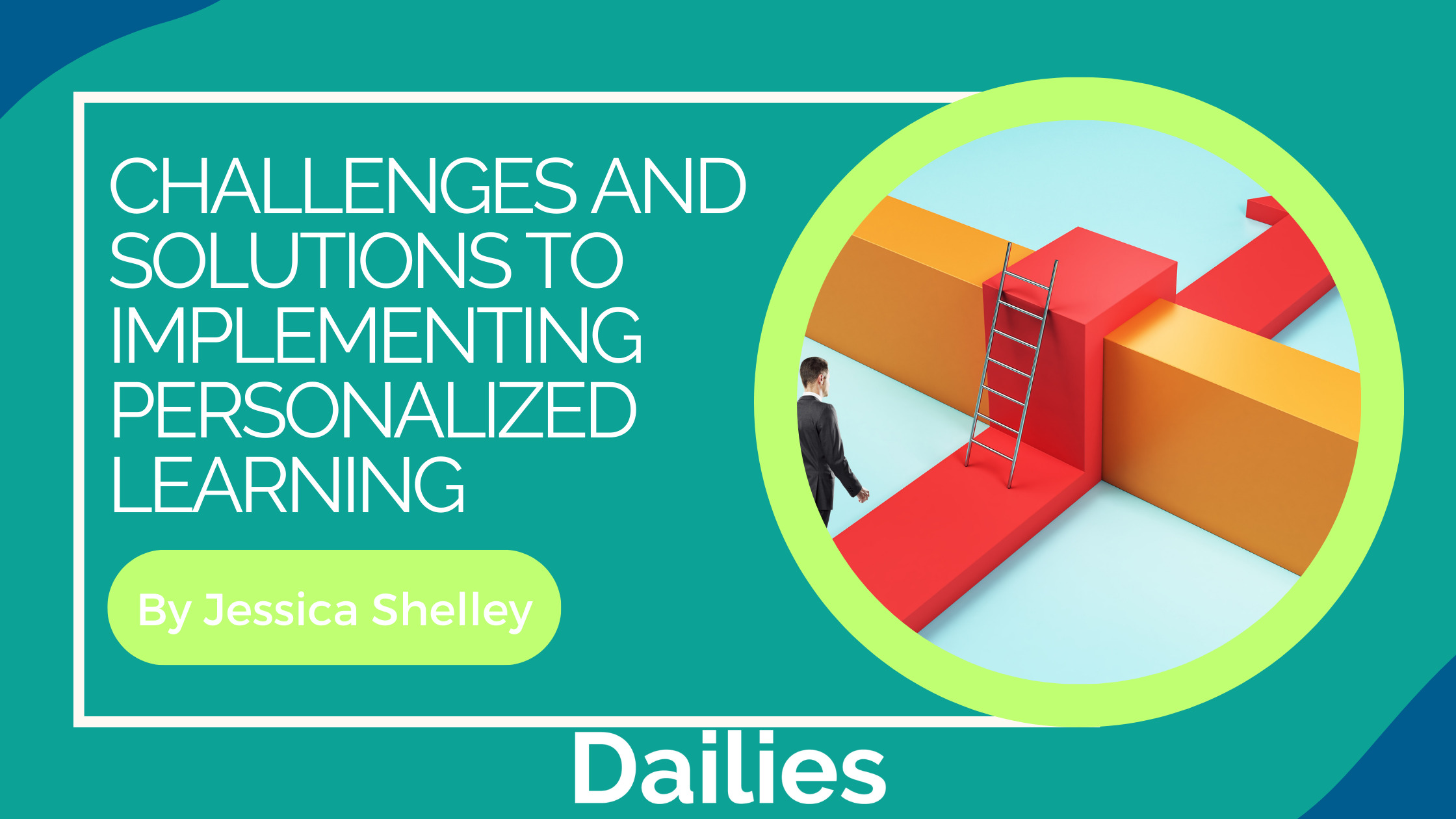Personalized learning has become one of the most popular educational trends in recent years. It emphasizes that students are unique individuals with distinct learning needs and styles, requiring customized educational experiences.
However, implementing personalized learning presents various challenges.
These challenges include:
Lack of Resources:
Personalized learning requires advanced technology, training, and resources, which many institutions may not have.
Data Management:
Personalized learning generates large amounts of data, which require efficient management and analysis.
Teacher Training:
Educators may need extensive training to implement personalized learning effectively.
Equity:
Personalized learning can raise concerns about equity if some students receive more individual attention than others.
Privacy and Security:
Collecting and storing student data may raise concerns about privacy and security.
Student Buy-In:
Students may not be accustomed to taking ownership of their learning, which may make personalized learning challenging to implement.
Despite these challenges, there are various solutions to ensure successful implementation of personalized learning. These solutions include:
Collaboration:
Collaboration among educators, parents, and administrators can help identify student needs and create effective learning plans.
Flexible Learning Spaces:
Classrooms should be designed to accommodate personalized learning with various spaces for individual and group work.
Data Analytics Tools:
Tools that analyze student data can help educators make informed decisions about personalized learning.
Professional Development:
Educators should receive ongoing professional development opportunities to effectively implement personalized learning.
Partnerships with Technology Companies:
Partnering with technology companies can provide access to necessary resources and support for successful personalized learning implementation.
Community Involvement:
Getting the community involved can help ensure a sense of cohesion, equity, and support for personalized learning.
Transparency:
Ensuring transparency about data collection, evaluation, and decision-making will helpbuild trust with stakeholders.
Culturally Responsive Teaching:
Incorporating culturally responsive teaching practices can help ensure that personalized learning is inclusive and relevant to all students.
Consistent Communication:
Consistent communication with all stakeholders about the goals and progress of personalized learning can help build buy-in and support.
Clear Policies:
Implementing clear policies for data management, privacy, and security can help address concerns and ensure compliance.
As personalized learning continues to gain momentum, it is crucial to recognize its potential benefits and challenges and implement strategies to ensure its success.






